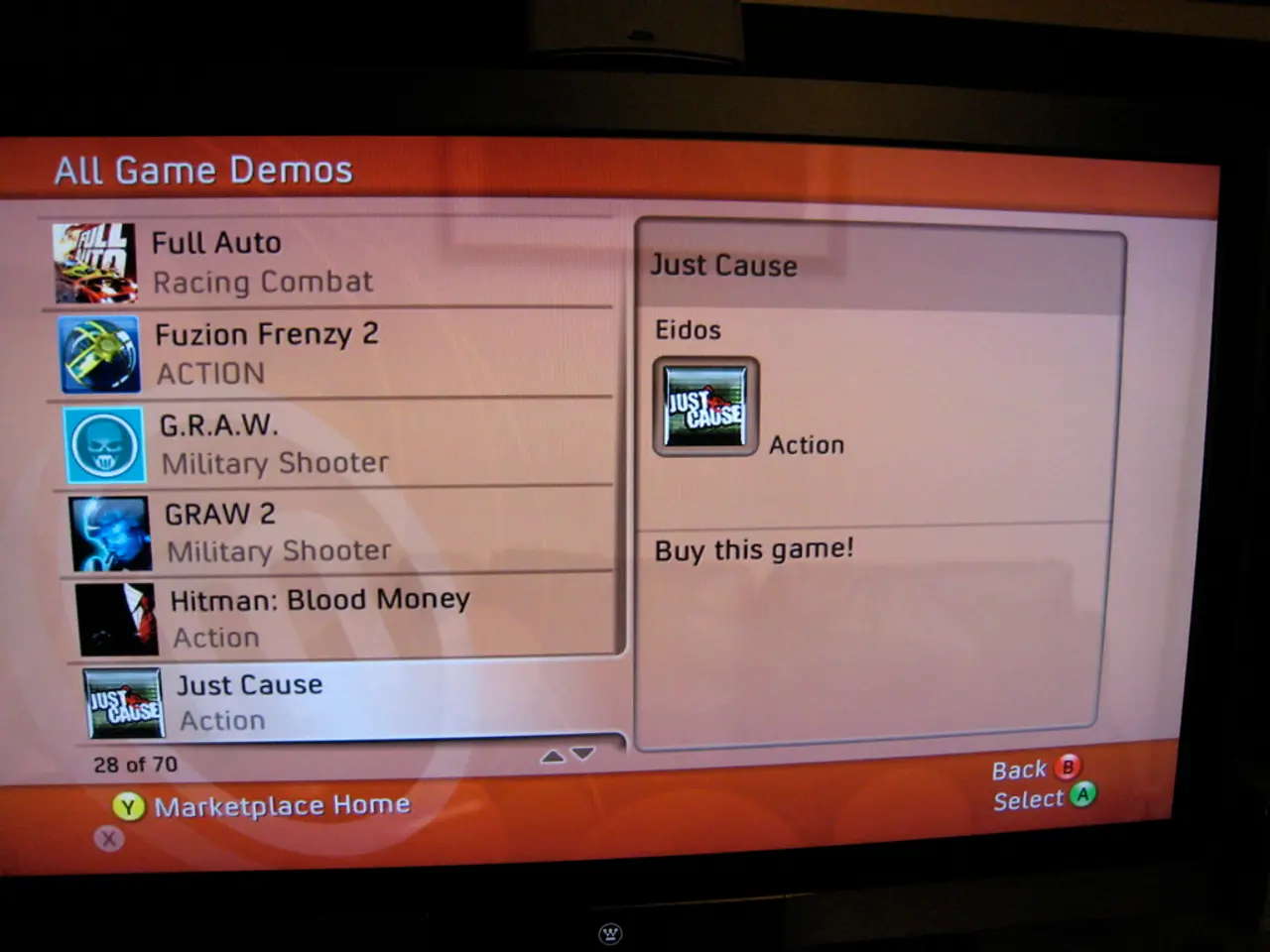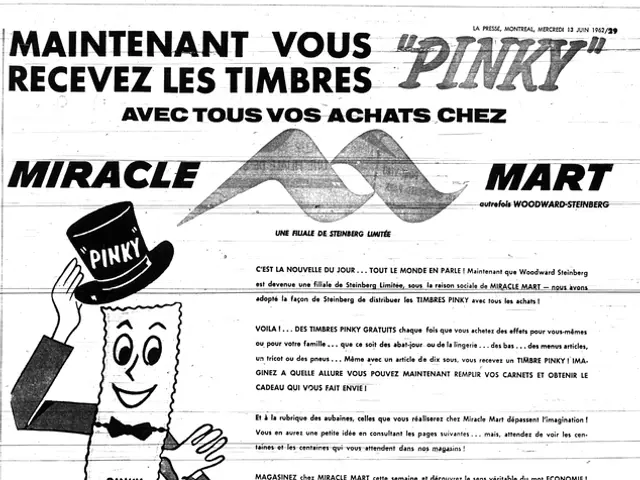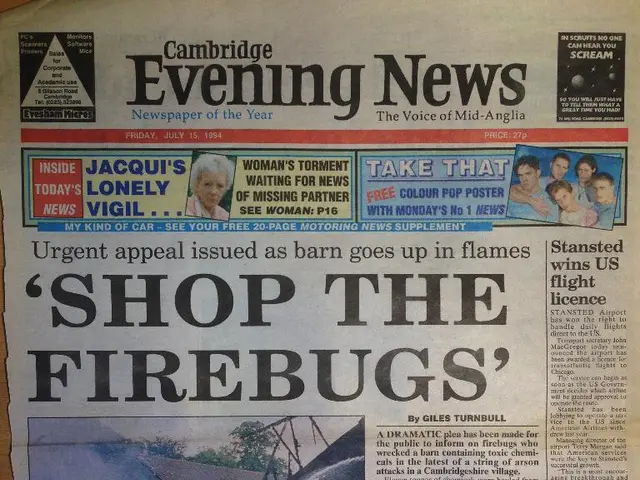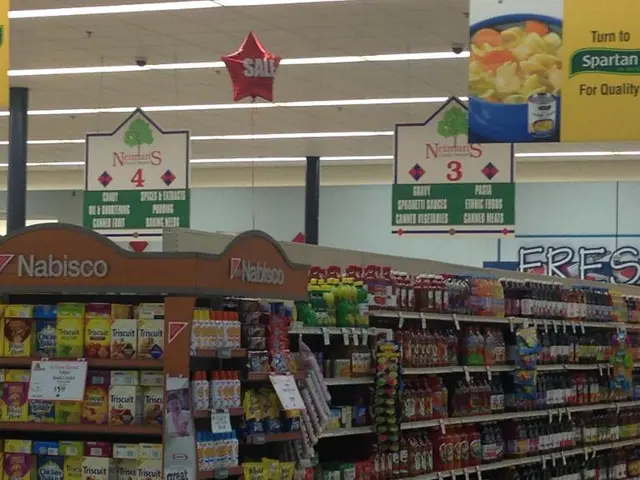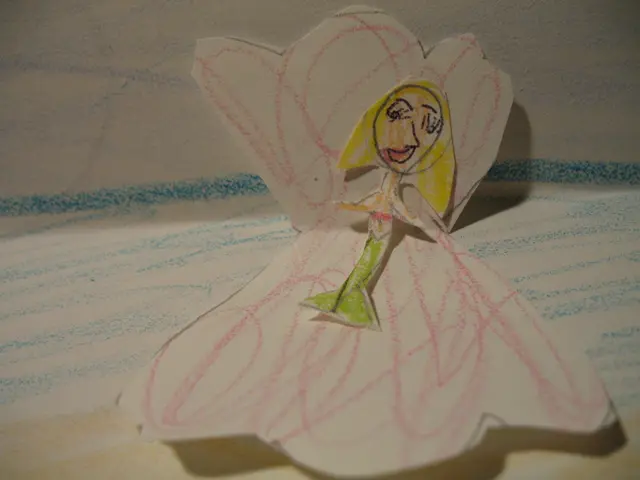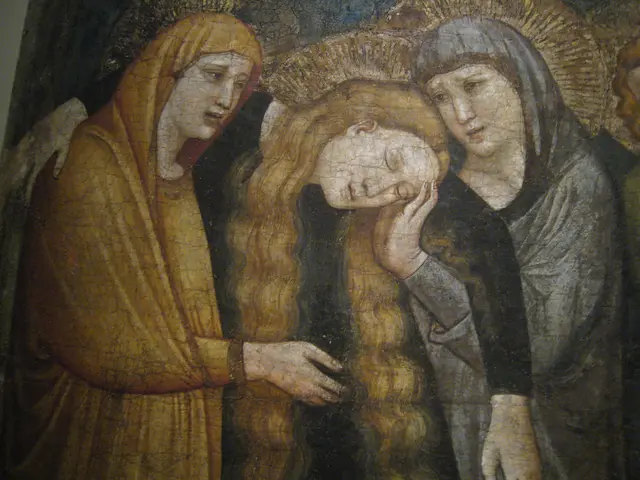Essential Video Game Fundamentals or Basic Game Construction
In the creative world, failure is often seen as a stumbling block, a sign of inadequacy. However, two distinct approaches - the Minimum Viable Product (MVP) concept from Eric Ries' "The Lean Startup" and the 20 Song Game from "The Frustrated Songwriters Guide to Songwriting" - challenge this notion, viewing failure as a catalyst for growth and innovation.
The MVP, a cornerstone of the software industry, is a strategy that encourages rapid experimentation and learning. It is defined as the most basic version of a product with sufficient functionality to test market viability, with minimal investment and effort. The primary goal is to gather customer feedback, allowing developers to iterate and improve their product based on real-world needs, rather than assumptions.
In the realm of game development, this philosophy is exemplified by the author's approach to "Gaslands," a tabletop game. Rather than investing heavily in non-essential features, the author designs a minimal viable game for demonstration purposes, complete with a short rules booklet and sticky labels on old playing cards. This approach is aimed at saving time and resources by testing the game hypothesis with real players before committing to full-scale development.
The 20 Song Game, on the other hand, is a songwriting exercise that encourages creators to write 20 songs in a short period, regardless of quality. The objective is to demystify creative failure, unlock new ideas, and discover hidden gems. By mandating quantity over quality, the exercise forces creators to bypass the fear of failure that often stifles creativity, promoting experimentation and accelerating skill development.
Both approaches share a common thread: they normalize failure as a necessary and valuable part of the creative process. The MVP lowers the stakes of each experiment, making failure a source of data rather than shame, and accelerates the path to a viable product. The 20 Song Game lowers the inner critic's volume, making creative "failure" a routine outcome of prolific output, ultimately leading to greater artistic innovation.
In conclusion, these approaches reframe failure as a driver of growth, learning, and breakthrough creativity. They free creators from the fear of creating bad work and the associated self-doubt, encouraging rapid iteration, experimentation, and the embracing of failure as a stepping stone towards success.
In the software industry, the Minimum Viable Product (MVP) is employed to promote learning through rapid experimentation, treating failure as a source of valuable customer feedback, essential for iterating and improving products based on real-world needs. In the realm of songwriting, the 20 Song Game encourages creators to view creative failure as a stepping stone for innovation, demystifying the creative process by promoting quantity over quality, and accelerating education-and-self-development through experimentation.
